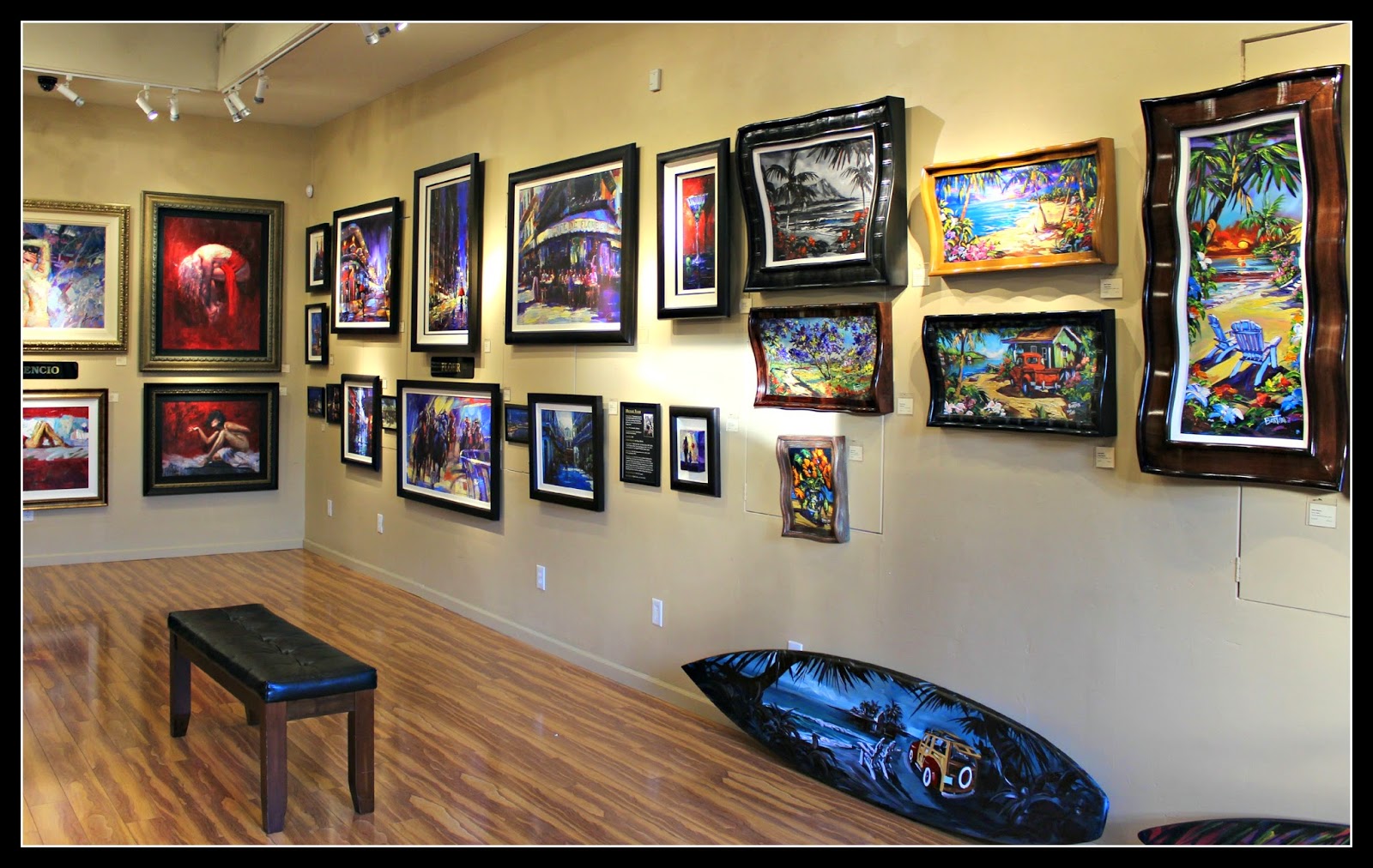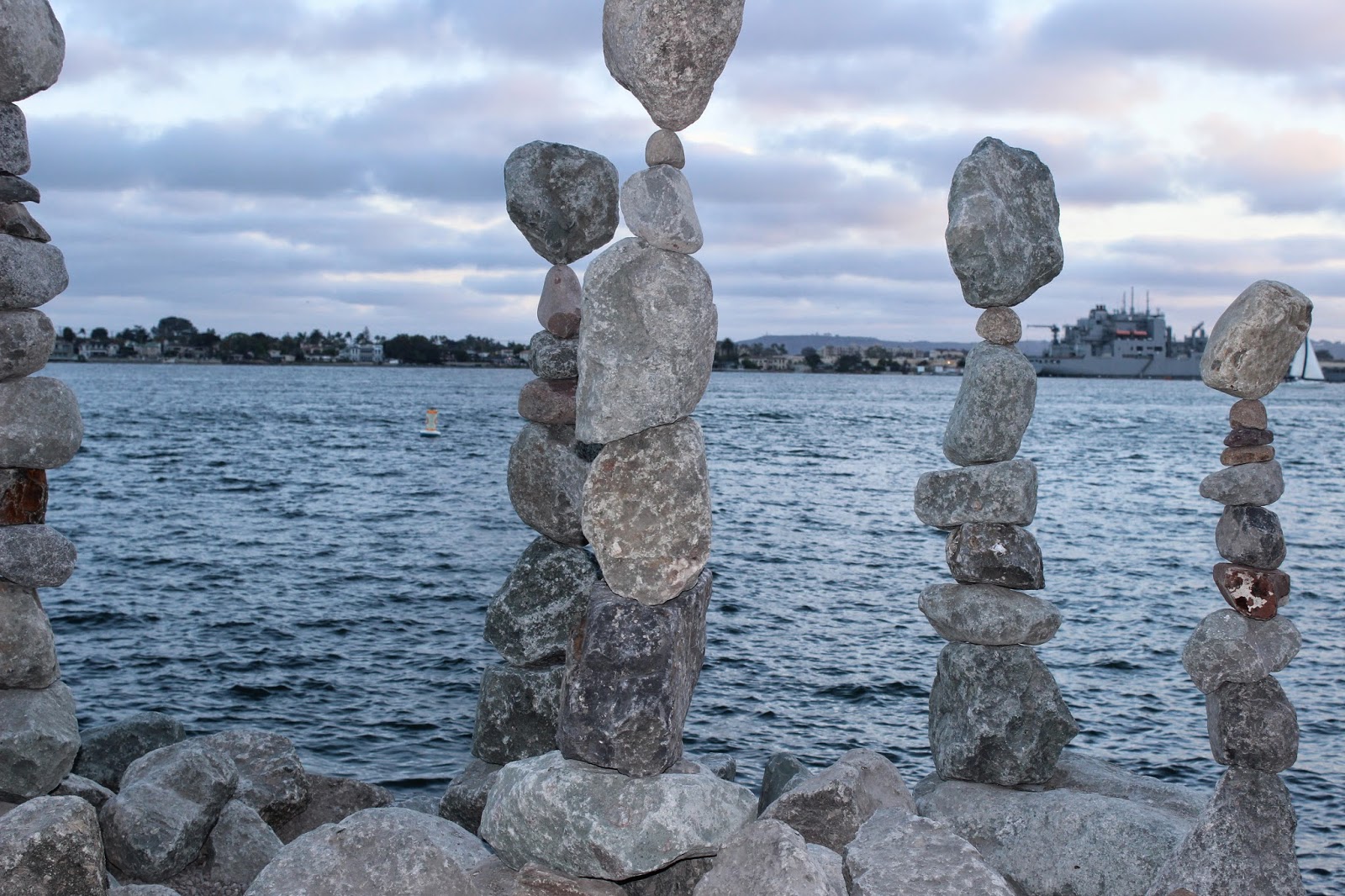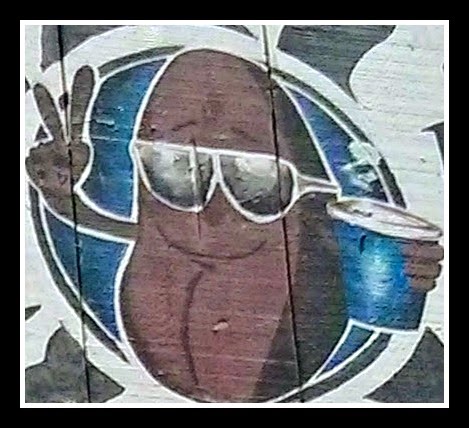Are business students becoming more ethical? College
of business students are starting to see more value in ethics when compared to
previous generations and this could have a positive influence on their future
decision-making. According to a study by Hollier, et. al. (2013) the infusion
of ethics classes in universities are helping students make ethical choices.
This will naturally have an impact on the corporate world and the way in which
decisions impact environments.
Ethics is a concept of understanding the differences
between right and wrong, a manner of character and the inclusive way in which a
person makes decisions. When ethics are lacking people make choices that
benefit them the most without considering the larger costs on society or the
people who will be hurt by their choices. A lack of business ethics can have a
huge impact on the functionality of business and in turn impact societal trust.
Most colleges focus the far majority of their time
teaching how to make money and very little on the ethical consideration of
activities. Ethical decision making can have a direct impact on the image of
the company and the trust built within society. Ethics classes can help future
executives think through their choices and the possible outcomes to proper conclusions.
The classical longitudinal ethical dilemma in the
study was:
A salesman with a competitor has approached the
Vice-President of Sales of a larger competitor with an offer to disclose
specifics on a bid proposal which both companies have been asked to prepare.
The successful bidder will have exclusive contracts with the client. The
potential sales related to this client will exceed $2 million over a three year
contract period. In return for disclosing his employer's bid data, the salesman
wants the Vice-President of Sales to hire/employ him as a district sales
manager. If you were the Vice-President of Sales what would you do? (Grant
& Broom, 1988; Farling & Winston, 2001).
The past two decades have seen a positive
improvement in ethical decision making among students. In 1988 31% of students
would accept the offer, 17% in 2001, and 8% in 2011. The trend is
clear-students are becoming more ethical. The authors argue that improved
inclusion of ethics classes and public awareness of scandals have helped
change the landscape for young students. The continued focus on helping
students think through their options, providing them stronger frameworks for
decision-making, and encouraging higher standards has a positive benefit that
makes their way into the business world.
Farling, M. & Winston, B. (2001).
A replication study: attitudes toward ethics: a view of the college student. Teaching
Business Ethics, 5,251-266.
Grant, E. W., Jr. & Broom, L.
S. (1988). Attitudes towards ethics: a view of the college student. Journal of
Business Ethics, 7, 617-619.
Hollier, G. et. al. (2013). College business
students attitudes toward ethics. Journal
of Business & Behavioral Sciences, 25 (1).





